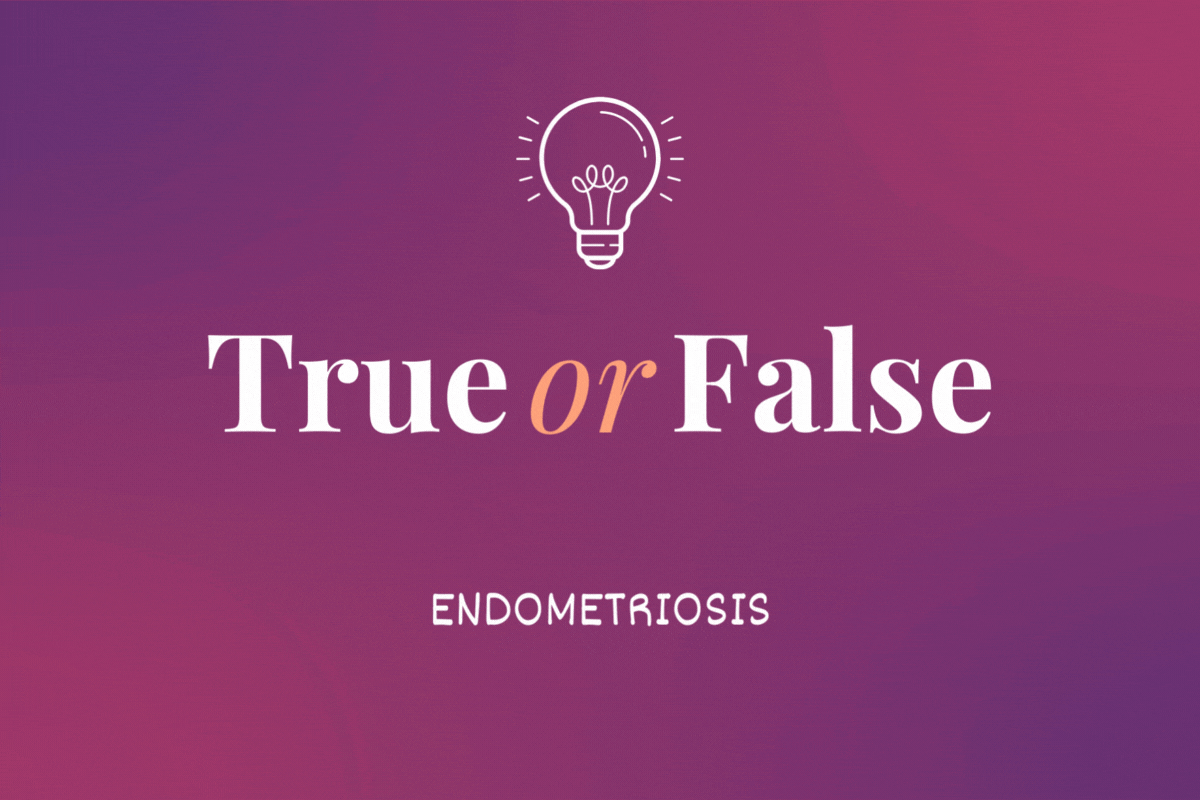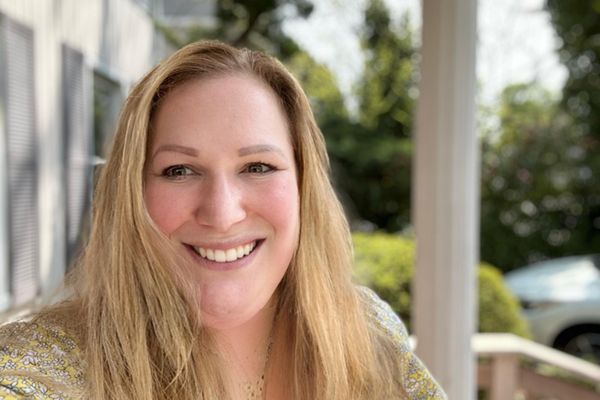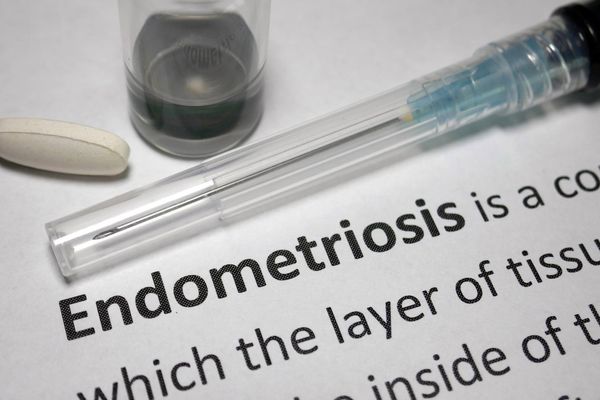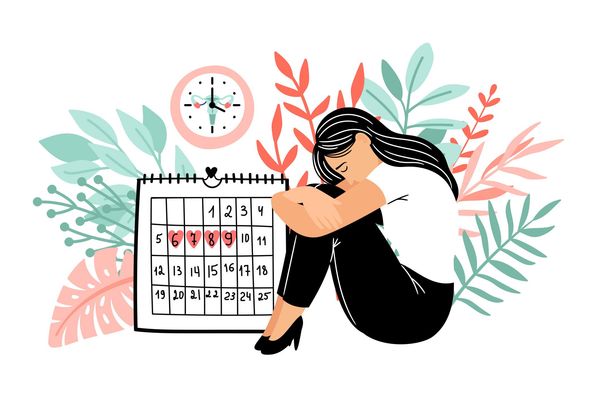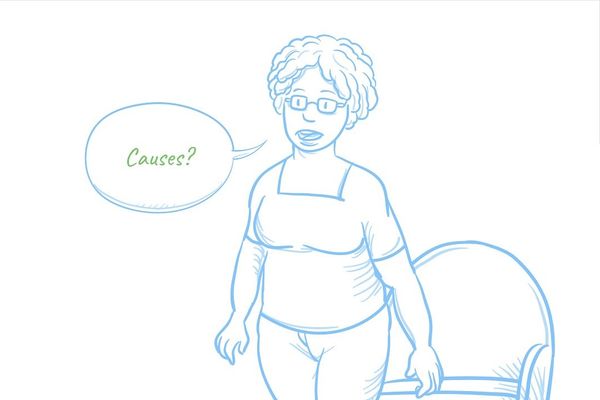By Maribeth Feinberg
I'm 55 years old and I've always been extremely healthy, with one exception—my reproductive system. When I was 12, I had abnormal uterine bleeding, which was extremely heavy and caused me to go to the hospital for a transfusion. My parents had suspected something might be wrong because I had numerous nosebleeds and I bruised easily. This led to a diagnosis of a platelet defect and my doctor consequently placed me on hormones. The hormones helped regulate my bleeding until I was 19 when I found I could have a normal menstrual cycle without hemorrhaging. Once I stopped the hormones, I kept a close eye on my bleeding to be sure I was always within normal range.
I was married at the age of 22 and shortly after, I was diagnosed with endometriosis. I continued to have heavy bleeding, but no hemorrhaging, and the bleeding improved as I got older. However, I then developed uterine fibroids. At one point, around age 50, they had become so big that my yoga teacher mentioned she could see them when I was doing yoga! My doctor proposed the idea of a hysterectomy, feeling that it would be an improvement in my quality of life. He warned me that the 6 months post-surgery would be rocky as my body adjusted to the change in hormones, but I decided I was ready.
Hysterectomy kicked me immediately into menopause. Right after the surgery, I found myself sporadically crying for no reason. That evened out after some time, but I continued to be moodier overall. I also found that along with vaginal dryness, I had no sex drive. That's a big change for a marriage and requires patience and awareness within a relationship. Fortunately, after 27 years of marriage, my husband and I were processing these changes together.
But even more than the mood swings and drop in sex drive were the hot flashes. They were (and still are) extreme! My doctor had me track them on my phone and I found I was having up to 62 hot flashes a day! And these aren't private little hot flashes. Everyone in the room knows I'm having one because I sweat profusely. I even wear waterproof make-up, so I don't have mascara dripping down my face. I remember going on a college tour with my son and he leaned over to me at one point and whispered, “Mom, your forehead is dripping. Please go get a napkin." I was embarrassing him with my sweat! Another difficult part about my hot flashes is that many of them happen between 1 and 5 a.m., with a super soaker at 3 a.m. When I first started having them, I would get up right after, strip the bed and take a shower, and then return to bed for a few hours before getting up for the day. After months of this, I realized I couldn't keep doing this because neither my husband nor I would fall back to sleep. My nurse practitioner told me not to disrupt the whole bed at night, but to keep clean sheets next to my bed. Now, after I soak the bed, I just grab a flat twin-sized sheet, put it right on top of the sheets, and go back to sleep. I also have a fan on my nightstand that blows on my face all through the night. In addition, I've cut down on spicy foods and alcohol, both believed to be triggers of hot flashes. And I've tried different hormones and other medications to find a dose and form that work for me.
Five years after my hysterectomy, I'm still working with my doctor to figure out the perfect cocktail of hormones and medicines. I am now down to 22 hot flashes a day. My sweating no longer covers my entire body from my head down to my feet. The wetness now starts at my chest and goes up to my head. I have gained some weight, partly as a result of the medications (and no excuse for the rest!). My mood has improved, although my memory has gotten worse. I attribute a lot of that to lack of sleep. My children call me a spaceball, but I don't mind because it's true! And a benefit of my hysterectomy is that I no longer have migraines. I used to get severe migraines during my period. I have not had one since my hysterectomy. This is a wonderful benefit!
Surgery threw me into abrupt and complete menopause. There are good hours and bad hours, good days and bad days. But I'm making progress! And I'm lucky to have a great doctor who is helping me navigate this and an amazing family who is supporting me on this interesting ride.
This resource was created with support from Pfizer.


